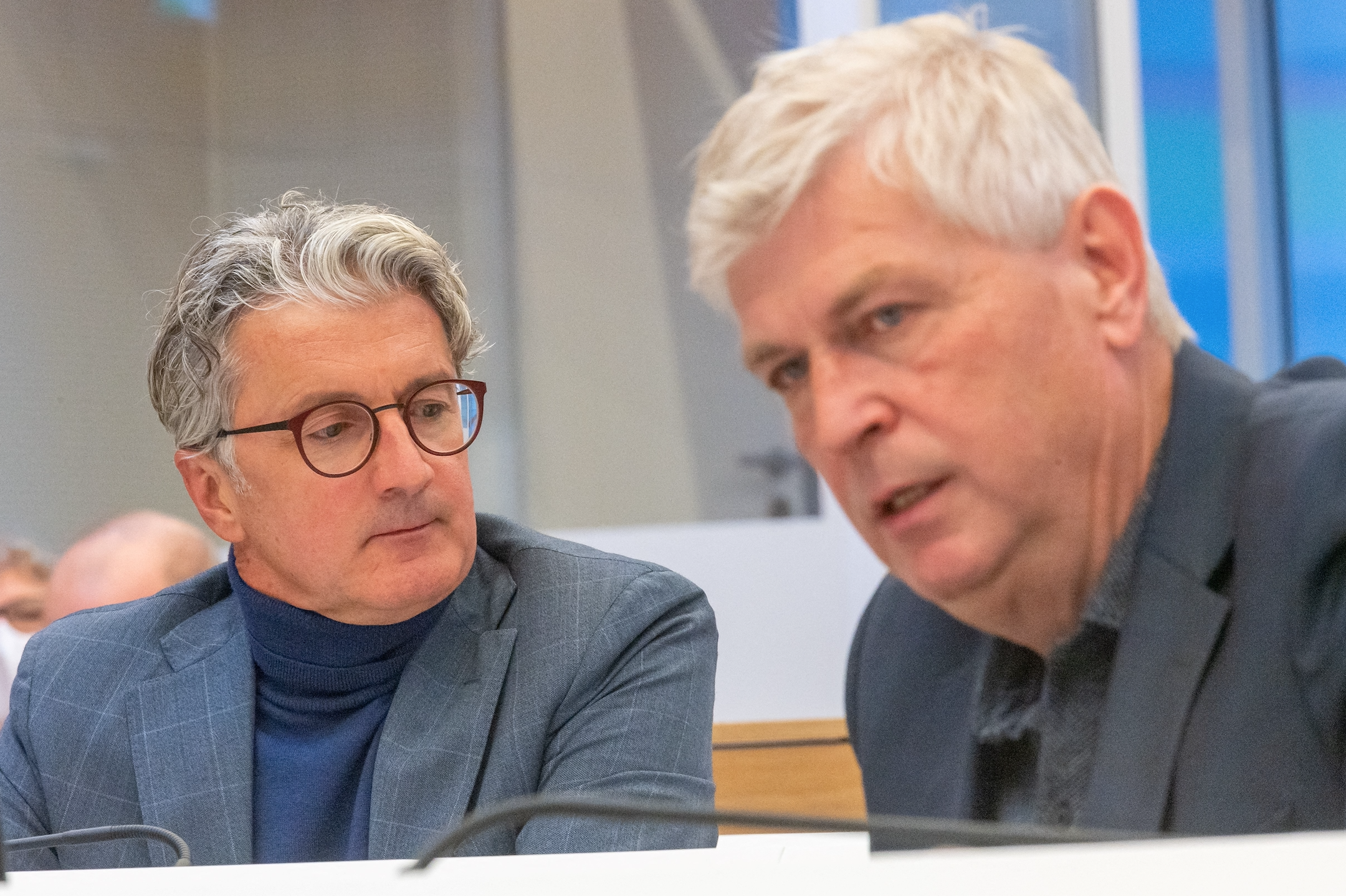
Dieselgate: former Audi CEO Rupert Stadler also pleads guilty (Update)

Former Audi CEO Rupert Stadler and former Audi top executive Wolfgang Hatz in the Munich courtroom at the beginning of their trial in October 2020 /Belga
After Wolfgang Hatz, a former top manager at VW Group car manufacturing daughters Audi and Porsche, changed his attitude in Court, former Au


Comments
Ready to join the conversation?
You must be an active subscriber to leave a comment.
Subscribe Today